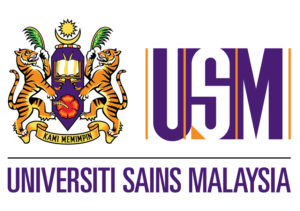The humble beginning of Universiti Sains Malaysia (USM) was marked by the
campus on Penang island at the north part of Peninsula Malaysia. To date, the
university has extended its education depot to the East coast, to Kelantan, down midway south to Penang-Perak border and a postgraduate teaching-and-
administration office in Kuala Lumpur. Across the Andaman Sea, USM continues the legacy of the country’s bilateral foreign relations with India by offering an off-shore
MBBS international programme premised at USM Karnataka Lingayat Education
University in Belgaum. At the national level, it is hailed as the country’s APEX
university, trusted to lead an accelerated programme for excellence symbolising the
Education Ministry’s endorsement of its unique vision and readiness to springboard
towards greater heights. On the global standing, USM is recently honoured by the
Times Higher Education University Impact Rankings as world’s 49th sustainable
university for embracing and disseminating socioeconomic impacts based on the
United Nation’s Sustainable Development Goals (SDGs) criteria – achievements
beyond the teaching and research foci of conventional rankings. On its 50th birthday
in 2019, USM is positioned second in the world for quality education (SDG 4)
manifesting the realisation and repercussion of APEX agenda. Synonymously, this
reflects its contribution in engendering meaningful learning for youths devouring their
steepest learning curves as well as lifelong learning initiatives. Besides, USM
engagement in research on pedagogy and commitment towards inclusive education
by serving people from the diverse walks of life, particularly the bottom billion, has
now earned worldwide recognition. As a university that welcomes international
students in the warmest possible manner, USM is also reputed for its impact on
reducing inequalities (SDG 10) and its efforts for materialising sustainable cities and
communities (SGD 11). As a package, these achievements commend USM as one
of the most conducive places to study and work. It is therefore the pride of USM to
be part of the Erasmus MAKING4.0, in line with the university’s global quest of
“Bringing USM to the World and the World to USM”. Together with other prominent
Malaysian and European institutions, USM through School of Industrial Technology
and School of Arts will contribute all possible efforts to make the Erasmus
MAKING4.0 project a success for the global nation.
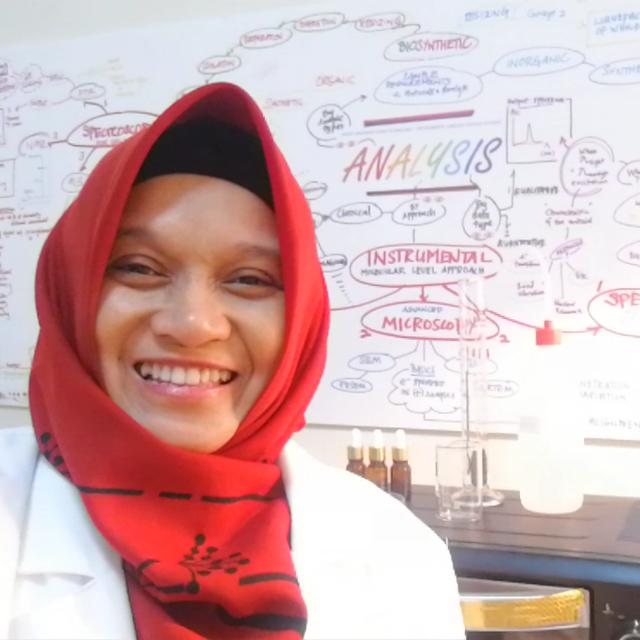
Dr Arniza Ghazali has been an academic staff at the Division of Bioresource, Paper and Coatings Technology (BPC), School of Industrial Technology, Universiti Sains Malaysia since 2006. As she was entrusted to teach materials analysis, she shares up-to-date insights not only on the various types of advanced analytical techniques but also reliability and reproducibility aspects of experimental design through section and faculty level courses. As a replacement lecturer for Industrial Waste Management, she offered new breaths by introducing Lean Manufacturing and Just-in-Time Production, which had given impact on student’s interest and employability. In 2009, she was mandated to coach first year students on pulp and papermaking classes. Since then, she had geared the course towards responsible process management by carefully designed dialogues that aid learners to identify by-products and visualising the consequences of negligent waste management. Besides increasing relevance to sustainable industry, this inculcates the sense of responsibility into the young minds.
Being once trained by the Higher Education Academic Leadership (AKEPT, Ministry of Education, Malaysia) to handle teaching responsibly, Arniza is committed to designing of classroom for maximal learning. Through the Scholarship of Teaching and Learning (SoTL) lenses, she merges the principles of dialogic communication with lively mapping activities as thinking tool. Till the present days, she relentlessly learns about students’ learning by engaging herself to the International Society for the Scholarship of Teaching and Learning, ISSOTL, as well as continuous cyclical reflections, reading and publishing. Her commitment in the area has indeed attracted funding in 2017, for a study and implementation of the principles of dialogue embedded in Thinking ClassroomTM.
Besides teaching, Dr Arniza Ghazali is also engaged in materials research. With principal focus on biomass organic and inorganic components, she researches materials characteristics, develops simple green process and maps the components to further utilization as a way of enforcing responsible by-product management. To date, she has developed a range of process conditions to yield valuable fibre-based functional materials spanning from macro to nano-scale elements. She published her team’s work in various journals, most of which with her as the lead investigator. Indeed, her research findings serve as the determinant directions of the courses under her charge aligned also to industrial relevance and the mission of building the thinking nation – a mandatory element to prepare youngsters for the emerging Industry 4.0.
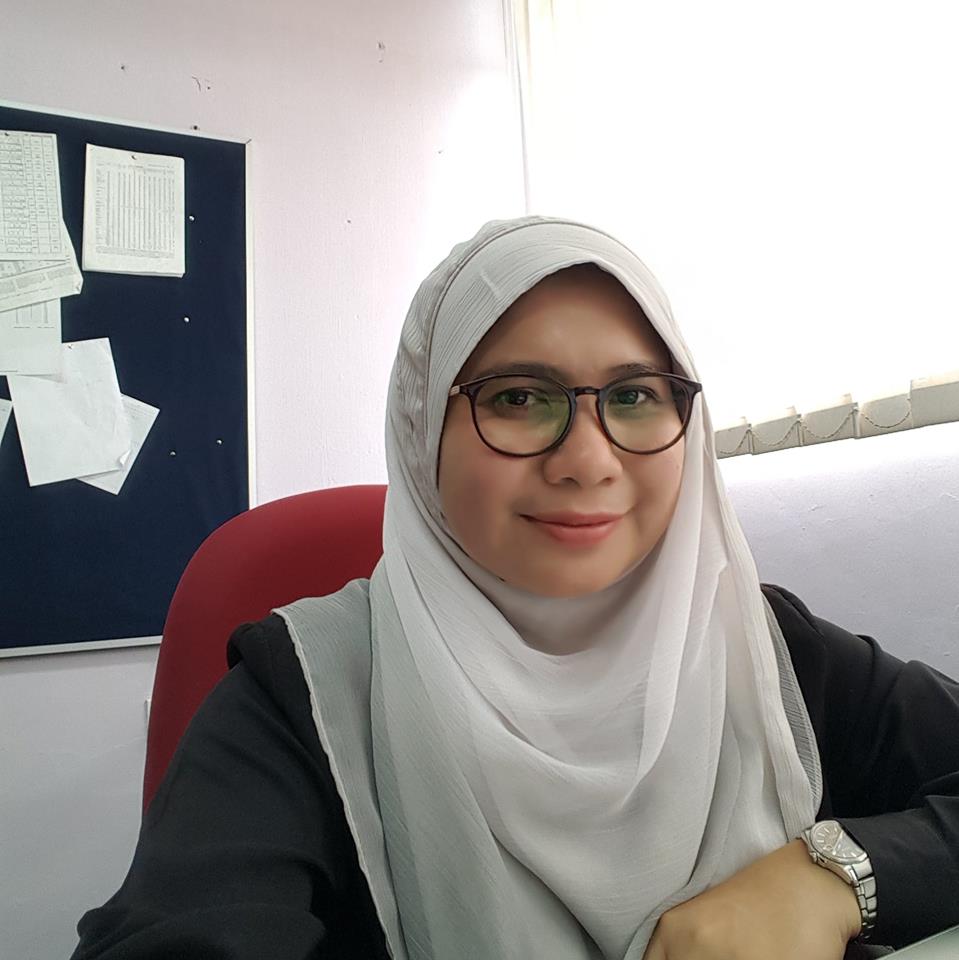
Dr. Azniwati Abd Aziz obtained her BTech and MSc in Bioresources, Paper and Coatings Technology at School of Industrial Technology, Universiti Sains Malaysia. She completed her doctorate degree in the area of chemistry (polymer) in 2016 at The University of Sydney, Australia. The title of her PhD thesis is The Synthesis of Polymeric Janus Nanoparticles Through Seeded Emulsion Polymerization. After graduation, she joined the School of Industrial Technology, Universiti Sains Malaysia as a Senior Lecturer. As a Senior Lecturer, she taught several courses such as Experimental Design with Computer Applications, Basic Coatings Technology, Raw Materials and Coatings Chemistry, Advanced Technology of Coatings, Coatings Technology Laboratory I and II. Her research interest includes UV-curable coatings and currently emphasized on biopolymer film and coatings.
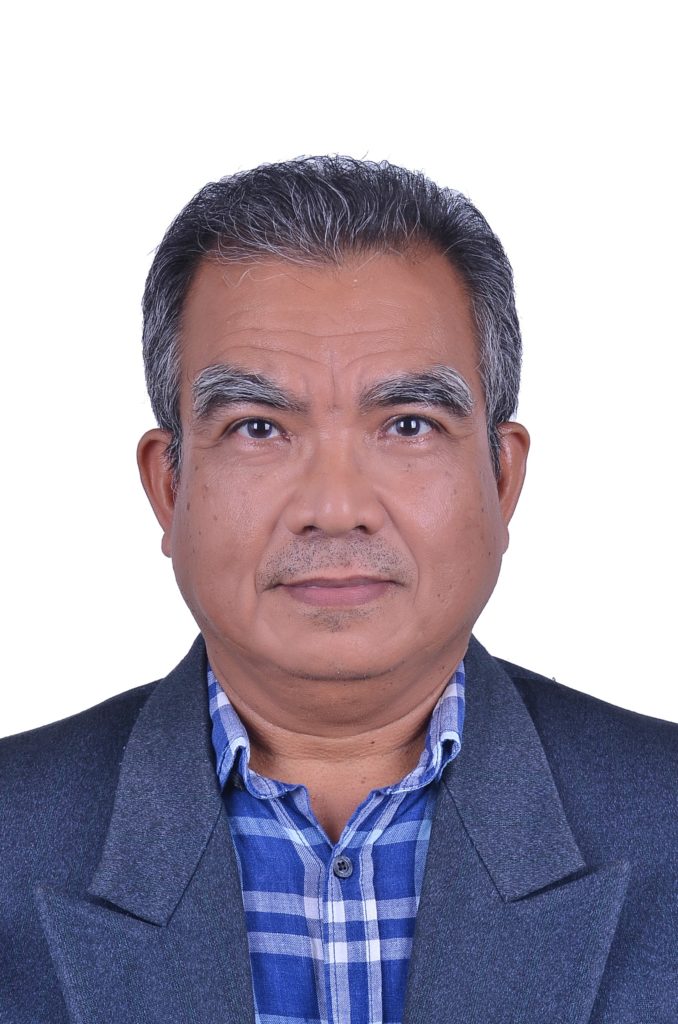
Dr. Baharin Azahari is a graduate in Polymer Science and Technology from the London School of Polymer Technology, Metropolitan University, London, England. He obtained his doctorate in 1990, and his doctoral research work was on the relationship between internal stress and properties of polyethylene film. The British Petroleum sponsored the doctoral project. He joined the Universiti Sains Malaysia at the end of 1990 and was responsible for setting up the laboratory and design the curriculum for the latex technology course. He was the consultant to several gloves manufacturing companies in Malaysia. He is actively involved in research in areas such as latex technology and green materials. He received several awards for his inventions from the organisations from Malaysia, Switzerland, the United States of America, Belgium, and France. He has two technology patents to his credit.
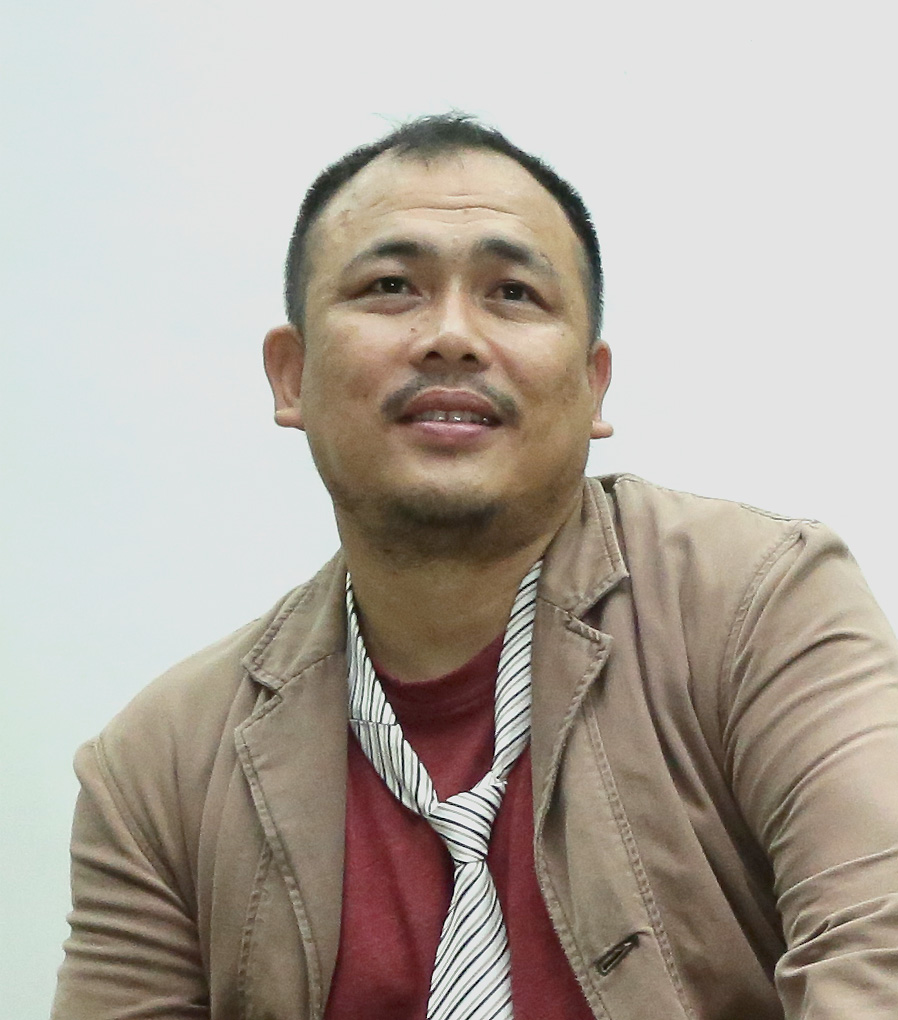
Hafeezur Rahmaan Mohd Yassin
After graduated with M.A (Design Technology), Mr. Hafeezur Rahmaan bin Mohd Yassin started as a lecturer in Product Design Department, School of the Arts, USM since December 2009 to present. Besides, he is teaching and assisting in furniture design course at USM for House, Building and Planning Faculty (Interior Design Program) since 2013 until present. Prior to joining USM, he was a freelance designer, and began working with the furniture industry in 2003. He has vast experience in wooden furniture and furniture design consulting. Throughout his career, he has served as a design consultant and quality controller for wooden furniture products in Indonesia and Malaysia. He is well versed in Autodesk (Professional Inventor and AutoCAD) software for design work. He was a part-time lecturer at KBU International College in the field of Interior Design, teaching furniture design course. Lastly, he was appointed as the head of Research, Design and Development Department in one of wooden furniture industry before he served as a lecturer in USM. Currently, he is planning to pursue his PhD studies majoring in furniture-related areas.
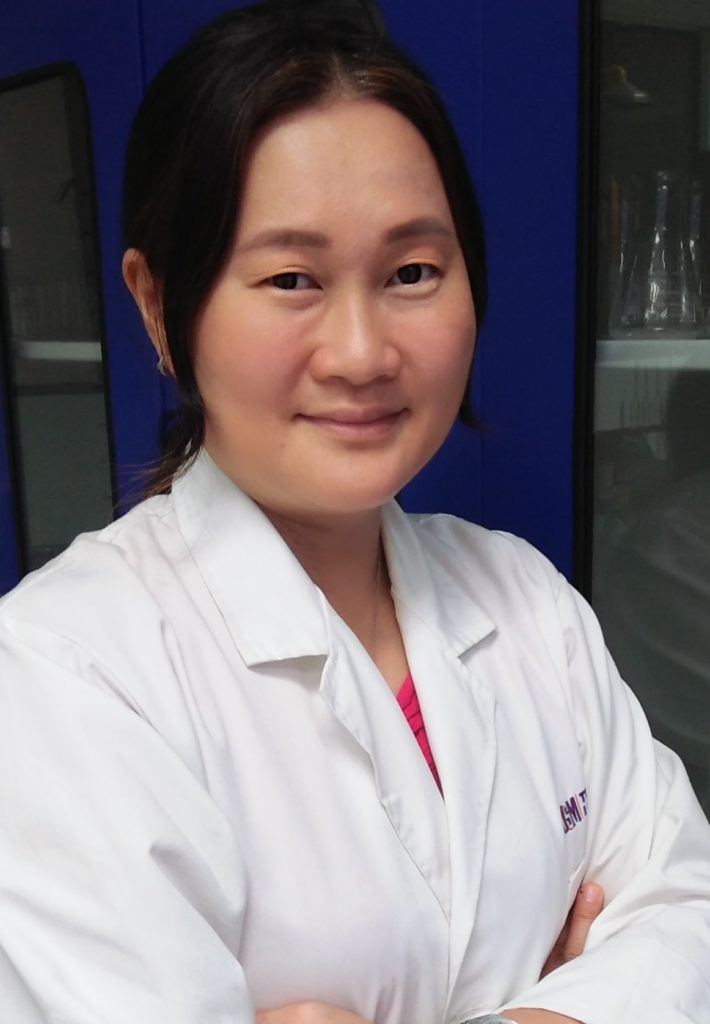
Dr. Leh Cheu Peng completed her PhD study in October 2002 on the Pulp and Paper Technology from Universiti Sains Malaysia. Immediately after that, she was awarded the Japan International Research Center for Agricultural Science (JIRCAS) fellowship and thus further pursued her research study on the environmentally friendly pulp bleaching processes in Japan for one year. Now, she is an associate professor at School of Industrial Technology, Universiti Sains Malaysia and her teachings are focused on pulp and paper technology which includes pulping, bleaching, pulp and paper testing, and paper recycling as well as practical lessons related to pulp and paper science and technology. Her research interests are in the area of non-wood biomass for pulp and bioethanol production incorporated with environmentally friendly technology. She has supervised and graduated 3 PhD students and 9 MSc. students and published over 60 publications in various international and local journals and proceedings. She has been appointed as Associate Researcher for Institute of Forestry and Forest Products, Universiti Putra Malaysia since 2015.
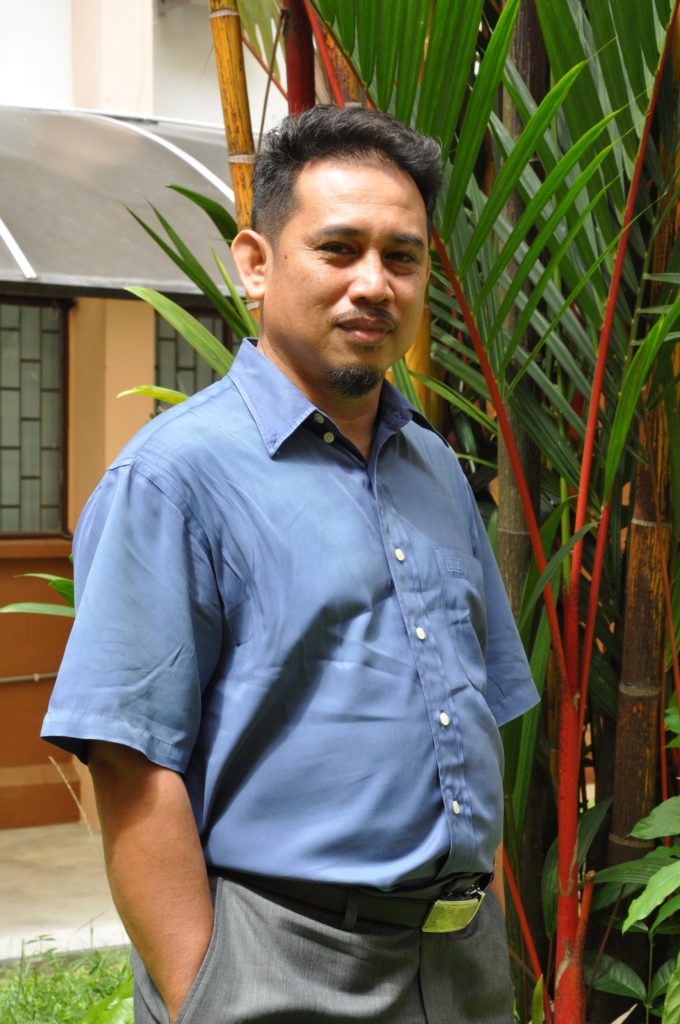
Dr. Mazlan Ibrahim is a Senior Lecturer in School of Industrial Technology, Universiti Sains Malaysia . He obtained his B.Tech. (Wood, Paper and Coatings Technology, Universiti Sains Malaysia), M.Sc. (Forestry and Forest Products, Virginia Tech.), and completed his Ph.D. (Paper Technology, Universiti Sains Malaysia) in 2002. As a staff in Bioresource, Paper and Coatings Technology, he taught several courses such as Stock Preparation and PapermakingTechnology, Paper Technology Laboratory I and II and Thinking Technique. In research, he has focused on converting of non-wood biomass such as empty fruits bunches, kenaf and banana stem into pulp, paper and composites. Along his career, he managed to be a main and co-worker to supervise a few graduate students, published some articles in national and international journals, and received several invention awards.
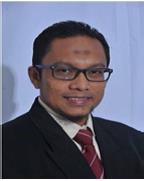
Dr. Mohamad Haafiz Bin Mohamad Kassim studied Bachelor’s and Master’s Degree in Bioresources, Paper and Coatings Technology at School of Industrial Technology, Universiti Sains Malaysia. He completed his doctoral degree in the area of nanocellulose in 2014 at Faculty of Chemical Engineering, Universiti Teknologi Malaysia. The topic of research for his PhD was Cellulose Nanowhiskers from Oil Palm Biomass Reinforced Polylactic acid Nanocomposites. After graduation, he joined the School of Industrial Technology at Universiti Sains Malaysia as a Senior Lecturer. As a Senior Lecturer, he taught several courses such as Bioresource Based Product, Paper Laboratory and Thinking Technique. He continues to work and publish in the broader area of nanocellulose and biocomposites. Currently, he has published more than 60 ISI publications and 8 chapter in books. He conducted research for various projects in the areas of cellulose and cellulose derivatives, isolation of micro and nanocellulose and biocomposites technology.
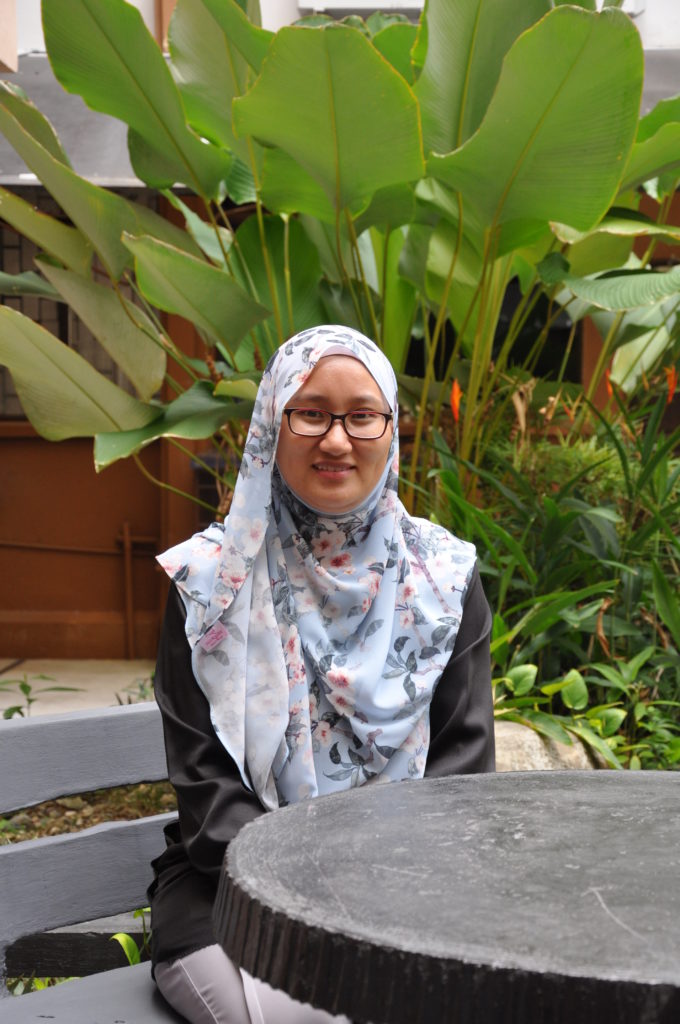
Dr. Nurul Fazita Binti Mohammad Rawi studied Bachelor’s and Master’s Degree in Bioresources, Paper and Coatings Technology at School of Industrial Technology, Universiti Sains Malaysia. She completed her doctoral degree in the area of biocomposites in 2014 at Centre for Advanced Composite Materials (CACM), The University of Auckland, New Zealand. The topic of research for her PhD was Thermoforming of Composites Made from Bamboo Fabric and Thermoplastic Polymers. After graduation, she joined the School of Industrial Technology at Universiti Sains Malaysia as a Senior Lecturer. As a Senior Lecturer, she taught several courses such as Mechanic of Structural Materials, Statistics with Computer Applications, Fibres and Lignocellulosic Composites as well as Bioresources Technology Laboratory. She also appointed as coordinator for Undergraduate Internship program. She continues to work and publish in the broader area of biocomposites. Currently, she has published more than 20 ISI publications and 5 chapter in books. She conducted research for various projects in the areas of thermoforming, biopolymer, natural fibre composites and 3D printing.
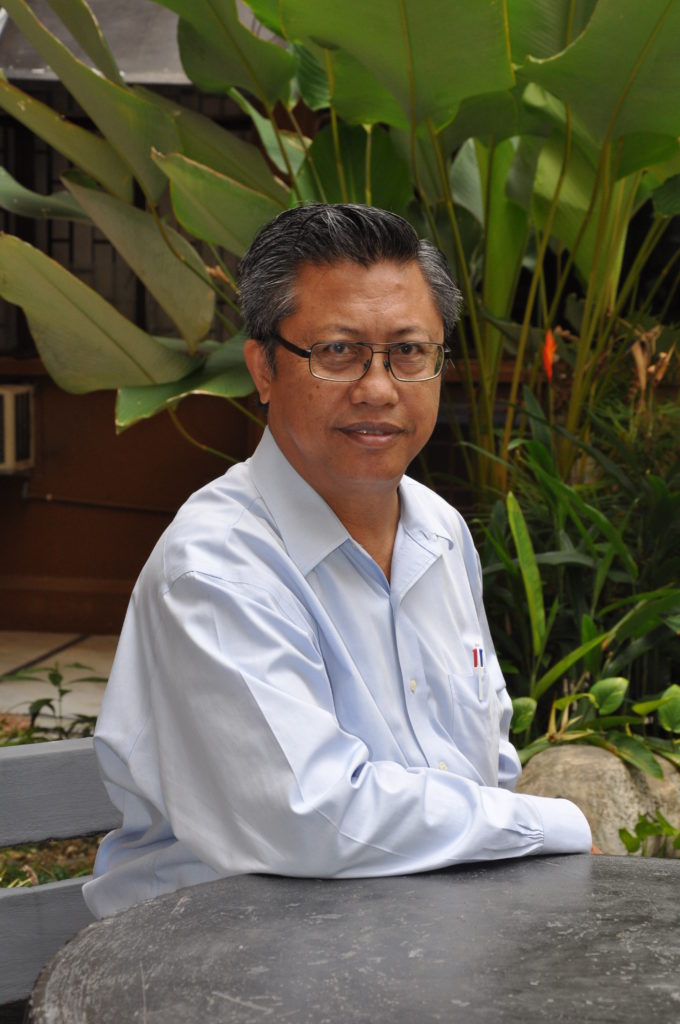
Professor Dr. Othman Sulaiman obtained his PhD from Imperial College, University of London in 1993 and later joint USM as an academic staff in the same year. His area of expertise in on wood durability and wood preservation. He is very active both in teaching as well as in research. He initiated an EU funded research to investigate on the sustainable management quality improvement of bamboo and products 1997-2002 and later involved in another EU funded project on Bamboo Thematic Network in 2001-2004. He was the leader for Asian partner for both EU Funded project. He is also collaborating with Japan International Research Centre for Agricultural Sciences (JIRCAS) working on oil palm trunk. He has published about 203 journals listed in Scopus with an h-index of 29. Prof Othman obtained his professorship in 2011 and also has been awarded as Top Malaysian Scientist in 2015. Prof Othman has been a Director of University Student Resident from 1997 to 2006. He has been a Deputy Dean of School of Industrial Technology and later be a Dean of Institute of Postgraduate Study USM from 2013-15. He is very much involves with industries related to his expertise and very excited with his involvement with making 4.0 project.

Professor Dr. Rokiah Hashim is currently affiliated at the Division of Bioresource, Paper and Coatings Technology, School of Industrial Technology, Universiti Sains Malaysia, since 1993 after completing her PhD from Imperial College London. She is teaching Furniture Production, Wood based panels and Bioresource as industrial raw material. Her research interest is in the aspect of Plant Bioresources (Bio composites and useful products, functional components, preservation). She has been actively involved in research partnering with various learning and research Institutions locally and internationally including JIRCAS, FFPRI and University of Tokyo, Japan. Since 2006 she has focused her research on the use of oil palm biomass especially the trunk for panel products and cellulosic materials. Her aim is to use the oil palm biomass in an environmentally friendly manner. She has been awarded for Top Research Scientist Malaysia 2015 (Akademi Sains Malaysia). Vice Chancellor’s Award 2015, and Excellent Service Award (2000, 2007, 2009, 2011, 2013, 2015, and 2017) from Universiti Sains Malaysia. DAAD award (2014, 2000, 1997), CICHE (1993-1996), Research fellowship for foreign specialist Forestry and Forest Products Research Institute, Japan (2008, 2007), Commonwealth Fellowship (Imperial College London, November 2003- May 2004), IRG 32 Local Organizing Committee Award Japan Wood Preservers Association 2001. Currently she is coordinating Making 4.0 for USM.
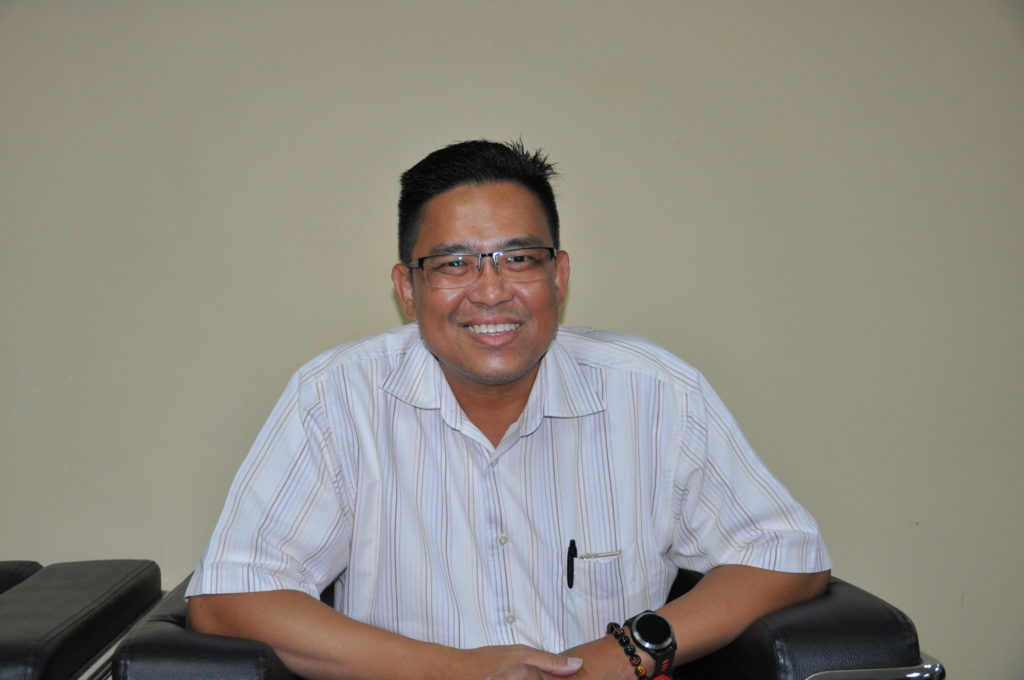
Assoc. Prof. Dr. Tay Guan Seng obtained his Bachelor’s, Master’s Degree and PhD in Bioresources, Paper and Coatings Technology at School of Industrial Technology, Universiti Sains Malaysia. After graduation, he did his postdoctorate at Faculty of Engineering, Fukui University of Technology, Japan. He joined the School of Industrial Technology at Universiti Sains Malaysia as a Senior Lecturer in 2007. As an Associate Professor, he taught several courses such as, Basic Coatings Technology, Raw Materials and Coatings Chemistry, Advanced Technology of Coatings, Coatings Technology Laboratory I and II, Wood Engineering and Fibre & Lignocellulosic Composites. His research interest includes lignocellulosic based polymer composites (thermoplastic and thermoset), chemical modification of lignocellulosic materials, polyurethane research and UV curing technology.
